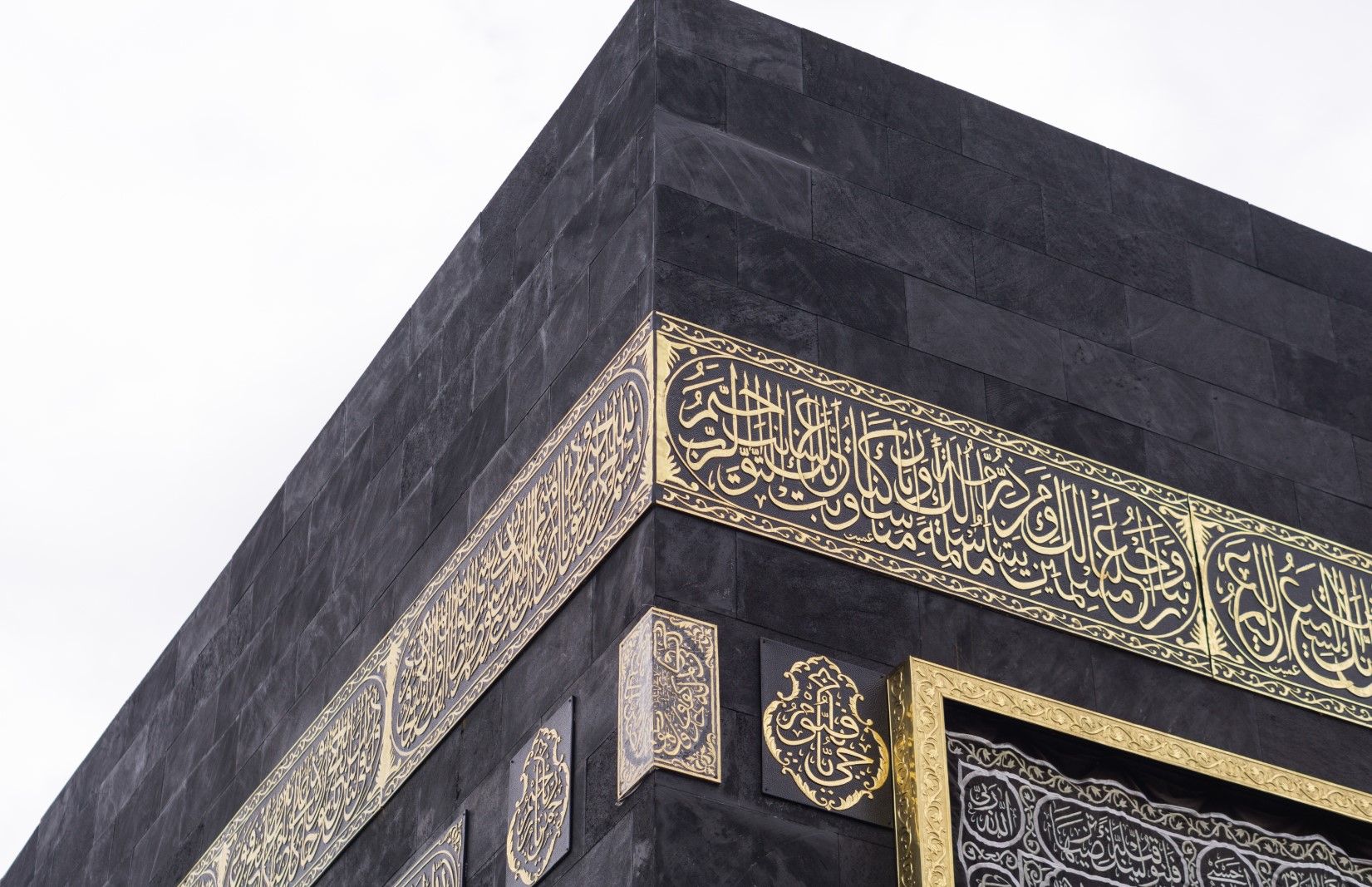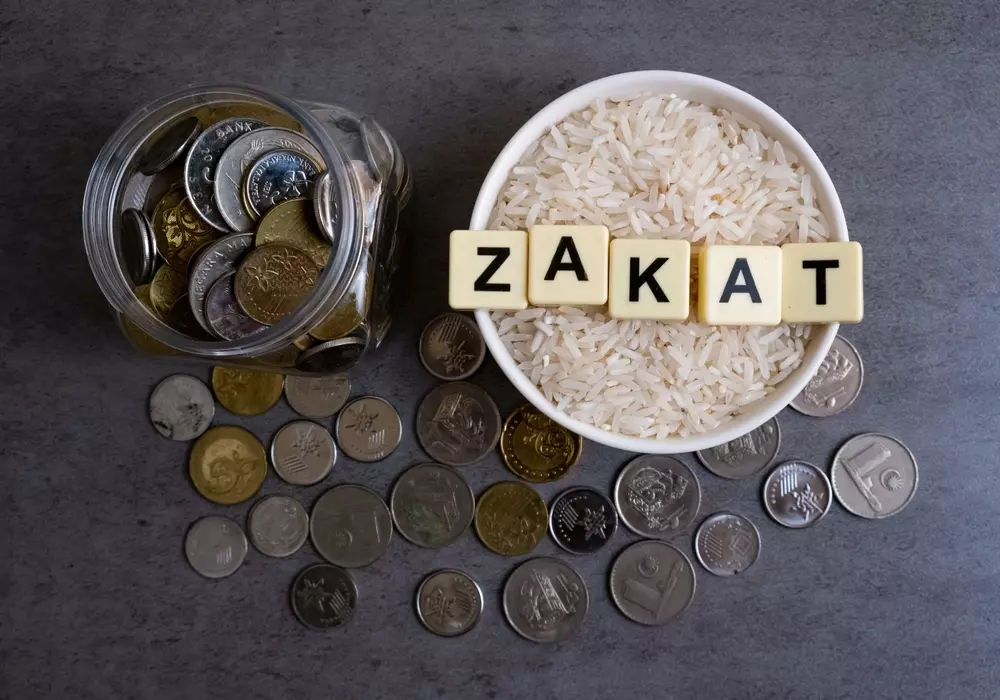The month of Dhul Hijjah holds immense significance in Islam, marking a sacred time filled with blessings, devotion, and acts of worship. For Muslims around the world, the 10 days of Dhul Hijjah are a time to reflect, seek forgiveness, and perform deeds that bring them closer to Allah (SWT).
What is Dhul Hijjah?
Dhul Hijjah is the 12th and final month of the Islamic lunar calendar. It derives its name from the Hajj pilgrimage, which occurs during this month. The first ten days are considered the most virtuous days of the year, a time when acts of worship are especially rewarded. As highlighted in a Dhul Hijjah Hadith, the Prophet Muhammad (peace be upon him) said:
“There are no days on which righteous deeds are more beloved to Allah than these ten days.” (Sahih al-Bukhari)
When is Dhul Hijjah Observed?
The exact start of Dhul Hijjah depends on the Dhul Hijjah moon sighting in different parts of the world. In 2026, it is expected to begin on or around May 18th, though this may vary depending on local observations. The 9th day, known as the Day of Arafah, is anticipated to fall on May 26th, followed by Eid ul-Adha on the 10th day, May 27th.
Dhul Hijjah Importance and the First 10 Days
The 10 days of Dhul Hijjah hold unparalleled importance. These days combine all the major forms of worship: prayer, fasting, charity, and pilgrimage. During these sacred days, Muslims are encouraged to increase their remembrance of Allah, perform extra prayers, give to charity, and engage in Dhul Hijjah fasting.
How to Correctly Observe Dhul Hijjah
- Fasting in Dhul Hijjah: Fasting during the first nine days, especially on the Day of Arafah, is highly recommended. The Prophet Muhammad (peace be upon him) said that fasting on the Day of Arafah expiates the sins of the previous year and the year to come.
- Charitable Giving: Acts of charity, such as donating to organizations like Charity Meals, are greatly rewarded during Dhul Hijjah.
- Qurbani (Sacrifice): Muslims commemorate Prophet Ibrahim’s (AS) devotion by sacrificing an animal and sharing its meat with the needy.
- Reciting Takbeer: During the first ten days, it is Sunnah to recite:
“Allahu Akbar, Allahu Akbar, La ilaha illallah, Wallahu Akbar, Allahu Akbar, wa Lillahil Hamd.”
The Importance of Hajj
Hajj is a central pillar of Islam, performed during Dhul Hijjah. Millions of Muslims gather in Makkah to perform this spiritual journey. The rituals of Hajj, such as Tawaf (circumambulation of the Kaaba), Sa’i (walking between Safa and Marwah), and standing on the plains of Arafah, symbolize the unity of the Muslim Ummah and complete submission to Allah.
The Day of Arafah, observed on the 9th of Dhul Hijjah, is the pinnacle of Hajj. Standing in supplication at Arafah is a profound experience where Allah forgives the sins of those who seek His mercy. For non-pilgrims, fasting on this day is a means to draw closer to Allah.
Eid ul-Adha and the Story of Ibrahim (AS)
Eid ul-Adha, celebrated on the 10th of Dhul Hijjah, commemorates the ultimate act of faith by Prophet Ibrahim (AS). He demonstrated complete devotion by being willing to sacrifice his beloved son, Ismail (AS), in obedience to Allah’s command. At the last moment, Allah (SWT) replaced Ismail with a ram, honouring Ibrahim’s faith and sparing his son.
Muslims now partake in Qurbani (sacrifice) to honour this event, with the meat distributed among family, friends, and those in need. Charity Meals can help facilitate your Qurbani donations, ensuring they reach underprivileged communities worldwide.
The Day of Arafah
The Day of Arafah, the 9th of Dhul Hijjah, holds immense spiritual value. For those not performing Hajj, fasting on this day is a powerful act of worship. The Prophet Muhammad (peace be upon him) said:
“Fasting on the Day of Arafah expiates the sins of the previous year and the coming year.” (Sahih Muslim)
The benefits of fasting on this day include spiritual purification, forgiveness of sins, and a renewed sense of closeness to Allah.
Qurbani
The act of Qurbani involves the sacrifice of a goat, sheep, cow, or camel, provided the animal meets specific criteria. It must be healthy, of a certain age, and free of defects. This act symbolizes submission to Allah and compassion for humanity, as the meat is distributed to those in need.
Charity Meals ensures that your Qurbani is performed according to Islamic guidelines and that the meat reaches impoverished communities. By entrusting your donations to Charity Meals, you can fulfil this obligation with ease and confidence.
Why Dhul Hijjah Matters Today
The Dhul Hijjah importance lies in its ability to unite Muslims worldwide through acts of worship, charity, and reflection. It is a time to strengthen faith, show gratitude for Allah’s blessings, and support those in need.
Charity Meals plays a pivotal role in helping Muslims observe the spirit of Dhul Hijjah. From facilitating Qurbani to supporting fasting initiatives, Charity Meals ensures your contributions make a meaningful impact.
The month of Dhul Hijjah is a sacred period filled with opportunities for spiritual growth and reward. Whether through fasting, giving charity, or performing Qurbani, every act of worship during these days is magnified. As you prepare for the 10 days of Dhul Hijjah, consider how you can maximize your efforts to serve Allah and support those in need.
Let Charity Meals handle your Qurbani donations and ensure your contributions bring joy to the less fortunate. Embrace the blessings of Dhul Hijjah by dedicating yourself to acts of worship and compassion. May Allah accept all our deeds during this blessed month.



